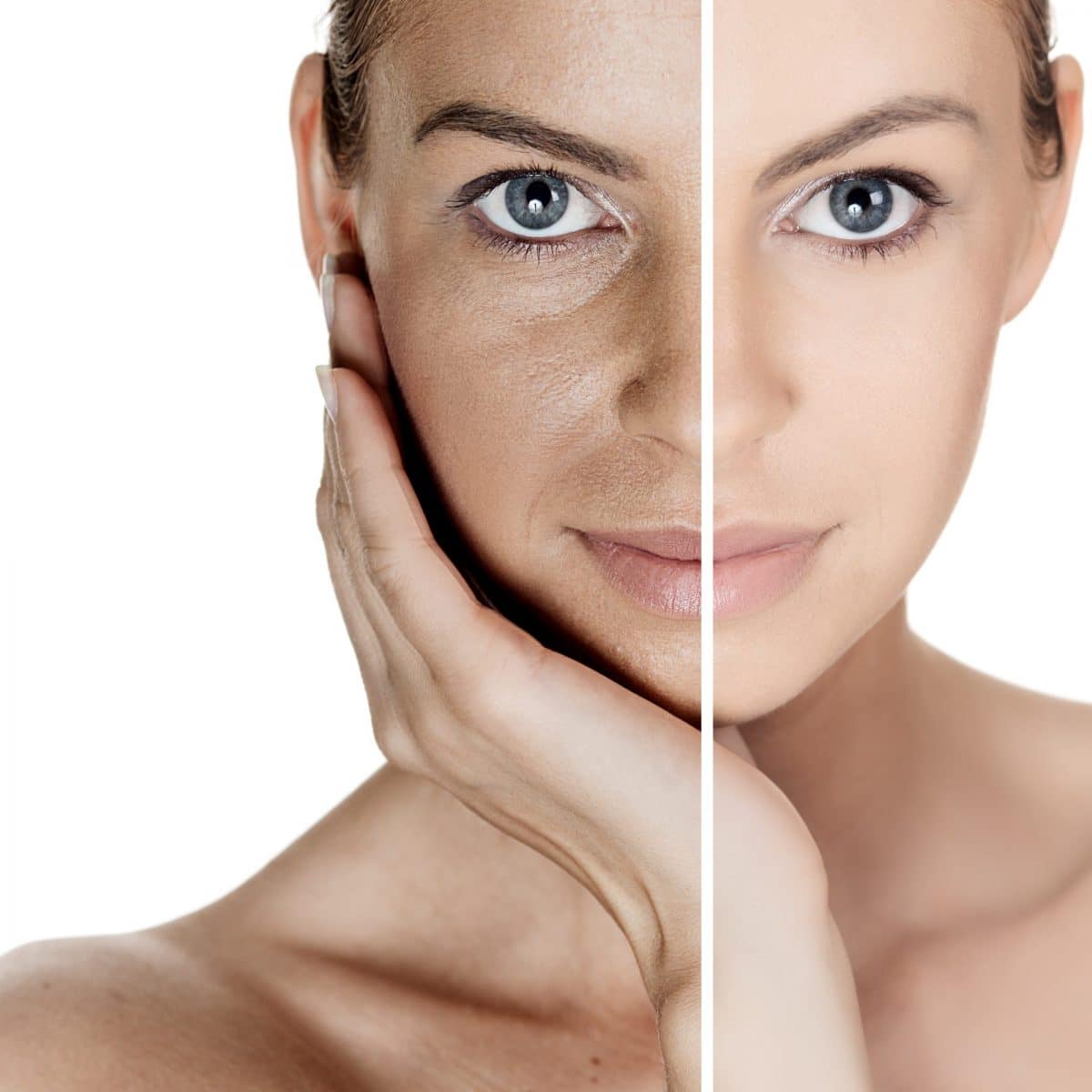
Fact File – Skin Health
The skin helps to protect our body from the environment. It regulates temperature, helps to fight off infections and provides us with the sense of touch. As we age, our skin naturally undergoes some wear and tear, but there are many ways we can help protect our skin from damage. This fact file provides some lifestyle tips that can help your skin to maintain its health.
Diet
There are no specific foods that will stop the ageing process. A healthy, balanced diet will ensure that you have all the nutrients you need for skin health and in particular, zinc, vitamins A, C, E and B that have a key role to play. It is more beneficial to source these foods naturally rather than to take supplements unless a healthcare professional has advised otherwise. This is because taking too much or for too long could be harmful. Foods also naturally provide other beneficial compounds, such as antioxidants.
Zinc
|
    |
Vitamin A
|
    |
Vitamin C
|
|
B Vitamins
|
   
|
Vitamin E
|
    |
As you can see, consuming a wide range of food is essential to provide all the nutrients, particularly the ones above for skin health. A healthy diet will also provide anti-oxidants, which help protect and repair our skin from the environment, such as pollution. The ‘Eatwell’ Guide is a pictorial guide to show the 5 food groups.
Aim for the majority of foods to be sourced from the 5 main food groups, as follows:
| Fruit & vegetables
This food group should be the largest part of your diet. They are a rich source of vitamins, minerals, antioxidants and fibre. |
|
| Starchy foods
Aim for the whole grain varieties which are richer in minerals, vitamins and fibre such as quinoa, rye, brown rice, oats, buckwheat, corn and spelt. |
|
| Protein
Essential for growth and repair. Also a good source of vitamins and minerals, such as iron, zinc and B vitamins. Choose lean cuts of meat and poultry and aim for at least two portions of fish a week, one at least should be oily which is rich in omega-3, an essential fat. Pulses are a great alternative to meat, they are high in fibre and one portion can count as one of your 5-A-Day. Nuts and seeds are high in fibre and contain a variety of minerals and vitamins; in moderation they are a great snack option. |
|
| Milk and dairy
This group is a good source of protein, calcium, zinc and B vitamins. Choose plain, low-fat varieties. If you choose dairy alternatives, check that they are enriched with calcium. Foods such as fish, pulses, seeds and green leafy vegetables are also good sources of calcium and other nutrients. |
|
| Oils and spreads
Eat unsaturated fats and have in small amounts. |
|
Fluids
Ensure that you are well hydrated as this helps keep the skin more elastic. Dehydrated skin is more likely to develop wrinkles. Aim for at least 1.6 – 2 litres of fluid a day, which is around 6-8 glasses a day in the UK climate – maybe more during the summer months. Water is the best choice. Aim to avoid sugary soft and fizzy drinks that are high in added sugars and calories.
If you drink alcohol, keep within the limits – 14 units per week for both men and women. This should be spread over at least 3 days with at least two consecutive alcohol-free days each week, too much can cause the skin to dehydrate making it look older and tired.
Other Tips
The following tips below are also important factors in skin health.
Smoking – Smoking is strongly linked to ageing of the skin, it literally causes wrinkles and makes the skin look old by reducing the natural elasticity and speeding up the ageing process.
Sun – Ultraviolet (UV) rays from the sun is the main cause of skin ageing, it directly damages the skin, but can also cause skin cancer. Protect yourself and never allow your skin to burn. Short daily periods of sun exposure during the summer months (between 11am and 3pm), for 10-15 minutes should be enough for vitamin D production.
Sleep and Stress – Too much stress not only contributes to older looking skin but can also disrupt sleeping patterns. Sleep deprivation will make the skin look older and more tired. Physical activity can really help alleviate stress levels and also increase blood flow to the skin giving it a vibrant and healthy glow.
This factsheet is intended for adults as a general guide only and not a substitute for professional advice or a diagnosis. If you are on certain medication or suffer from a medical condition, seek individual advice from your health care professional. Date produced September 2015. Date edited April 2016.










